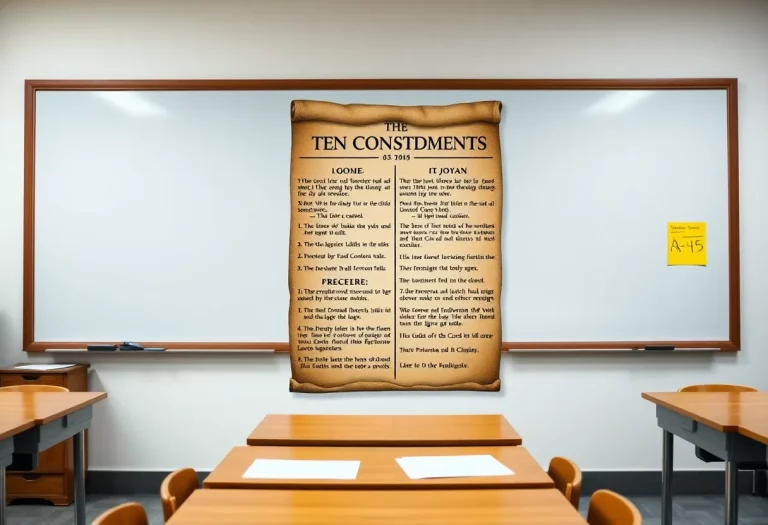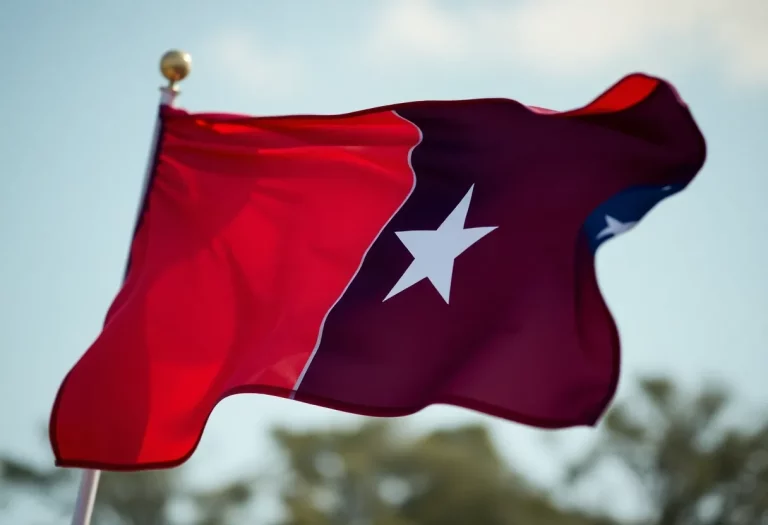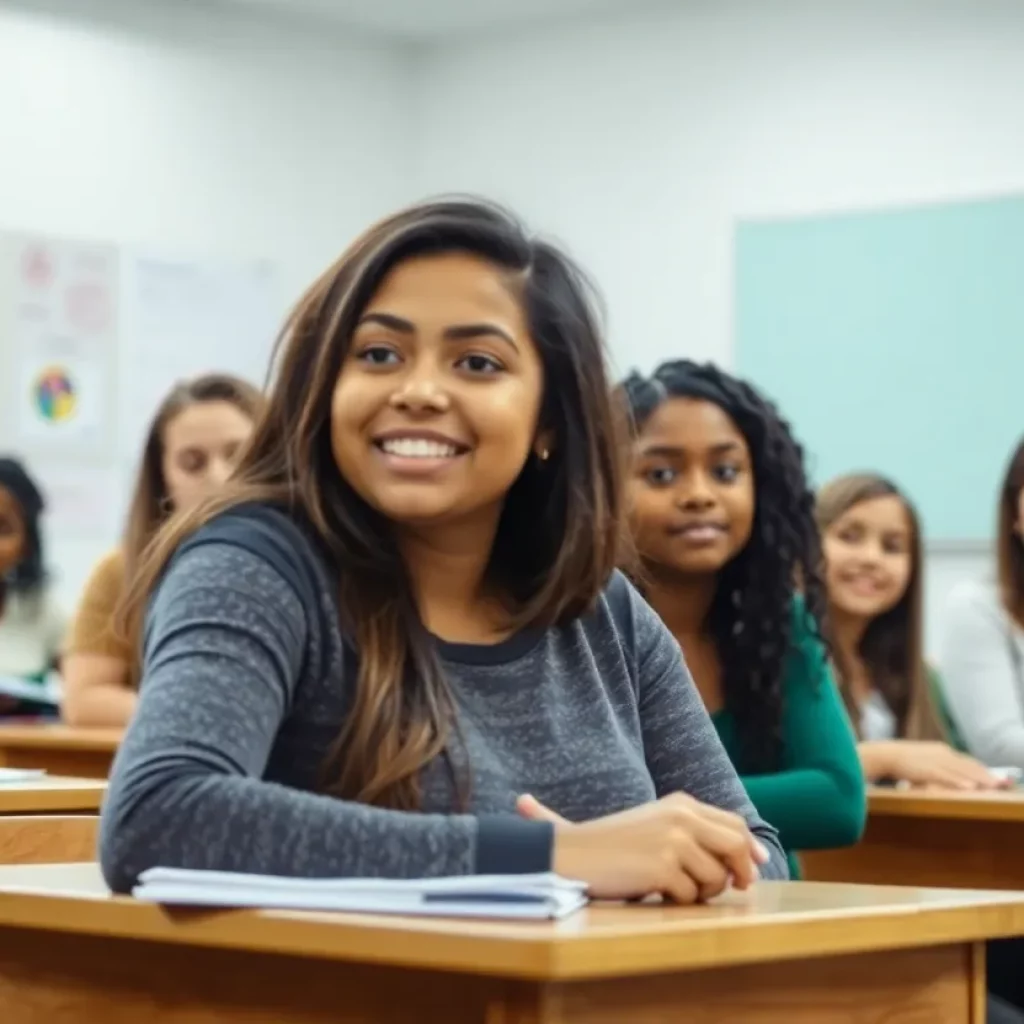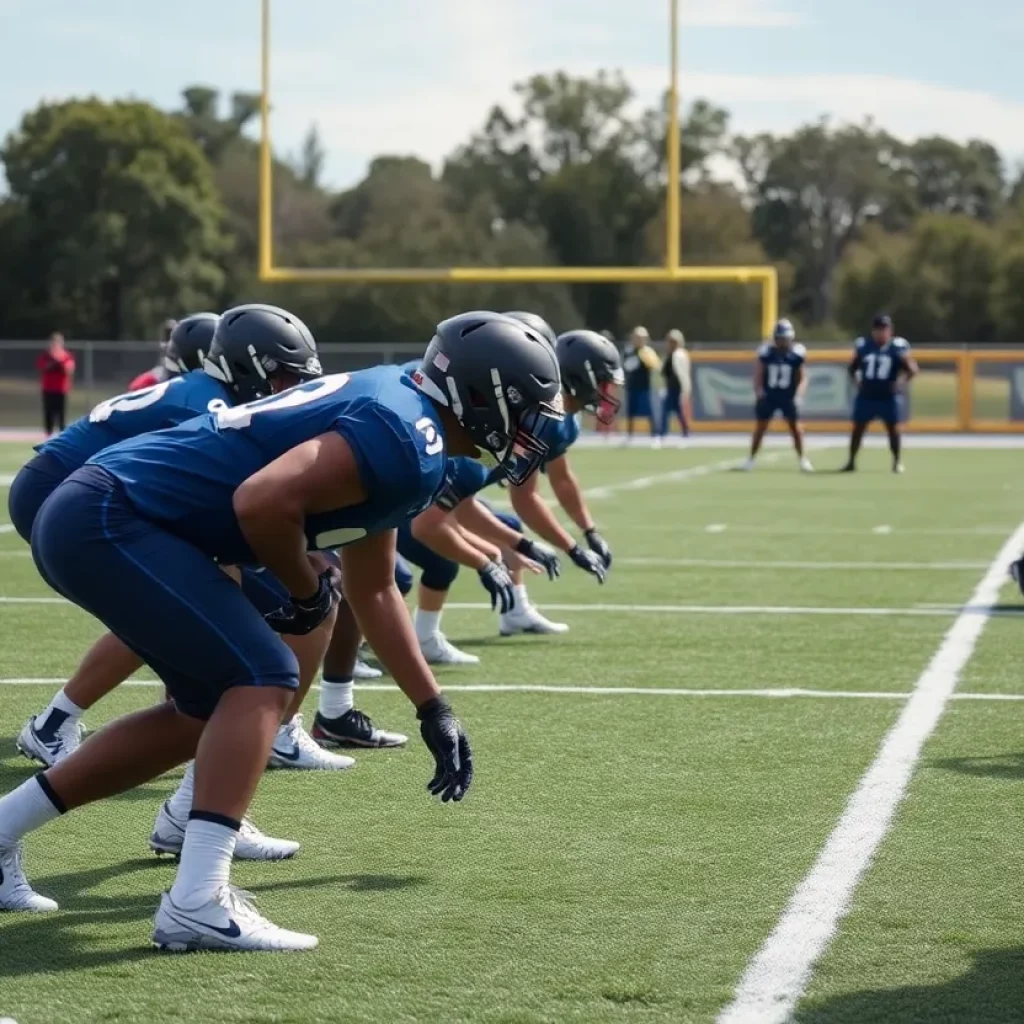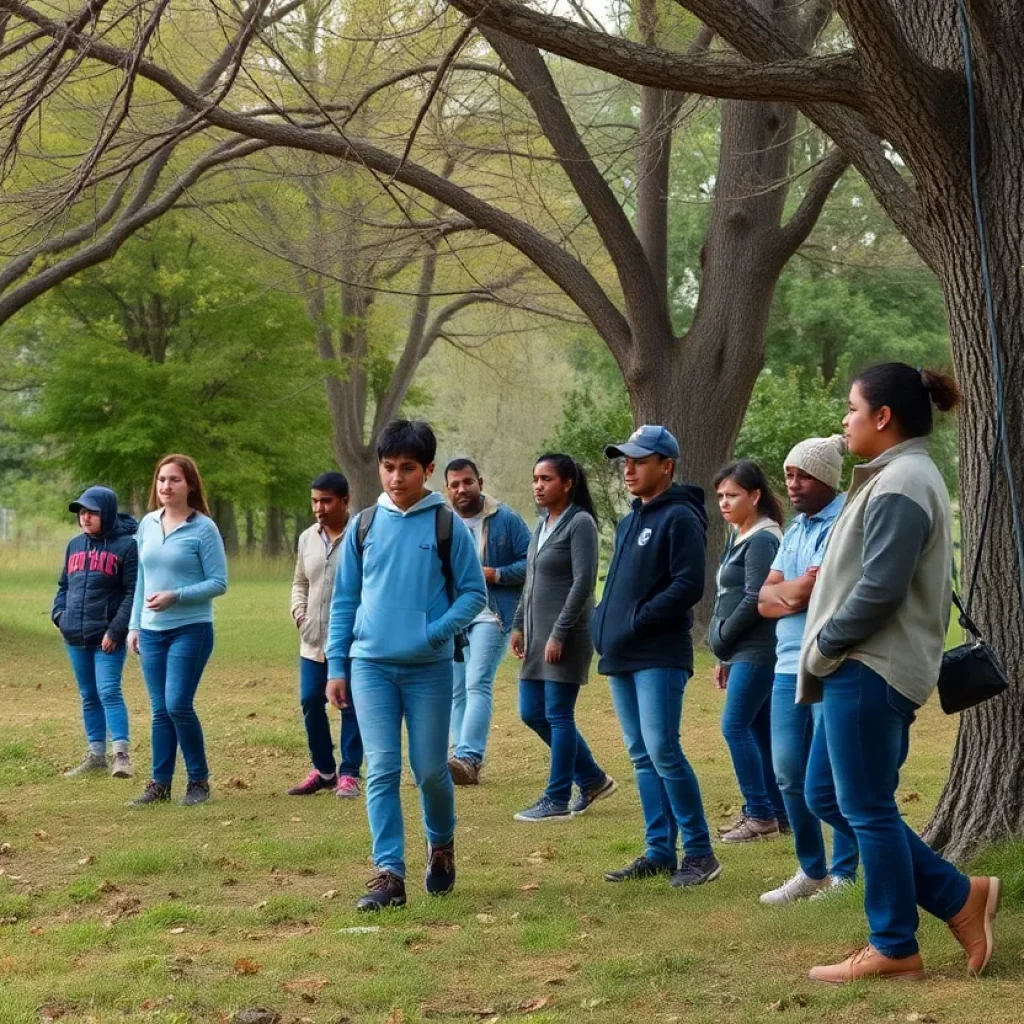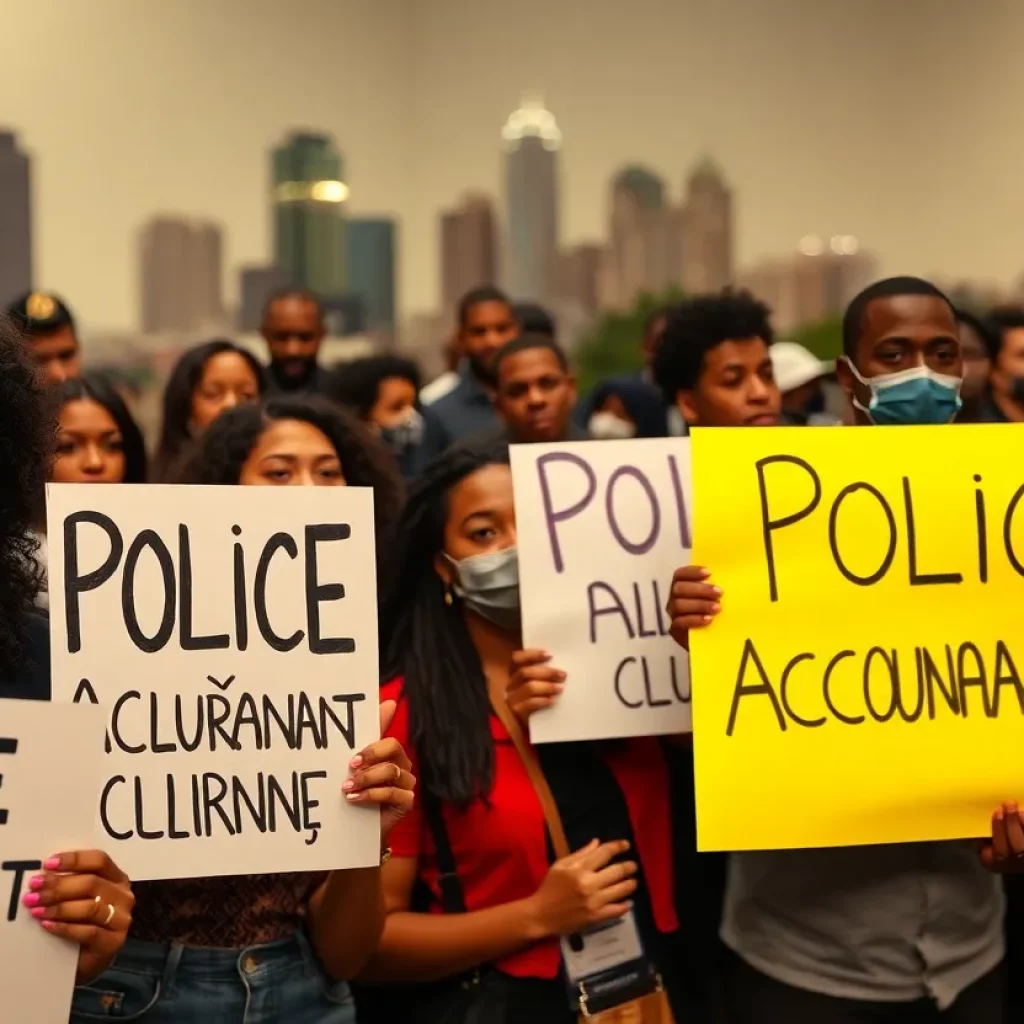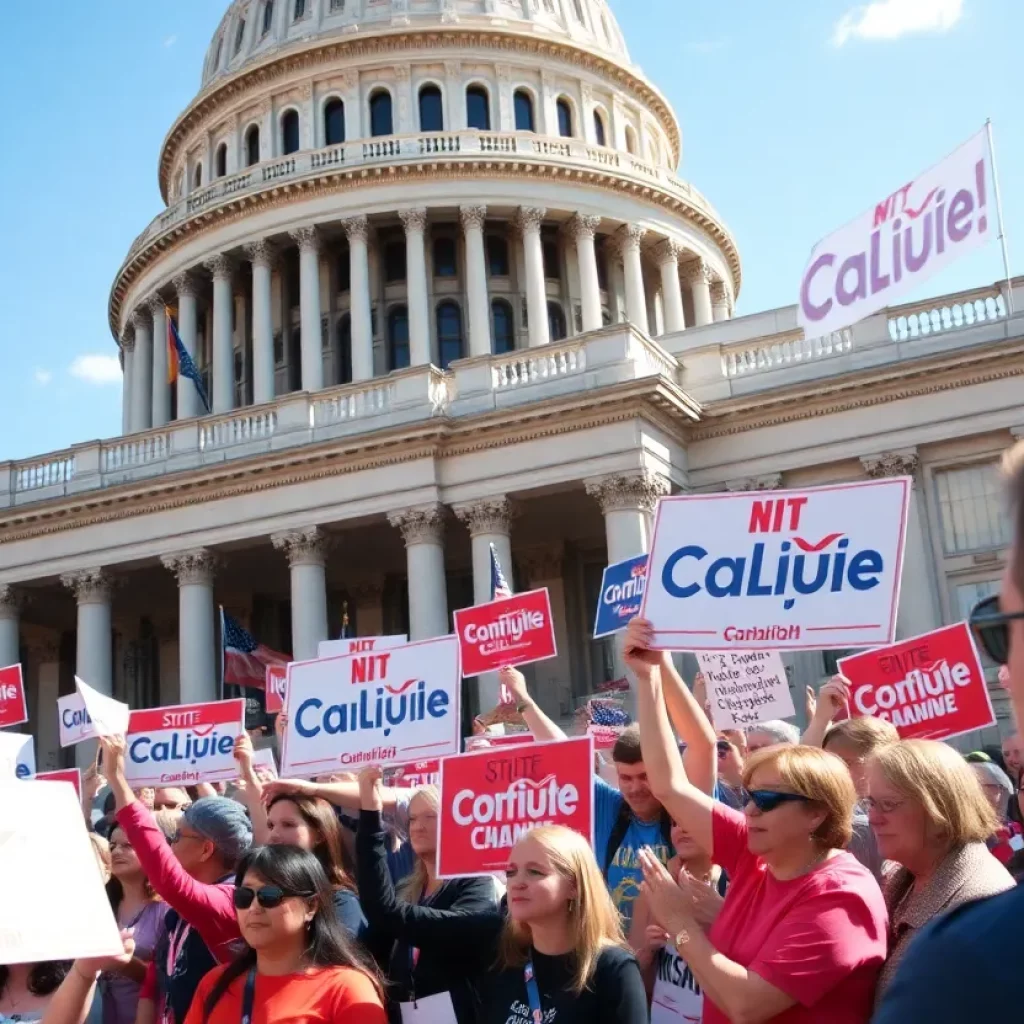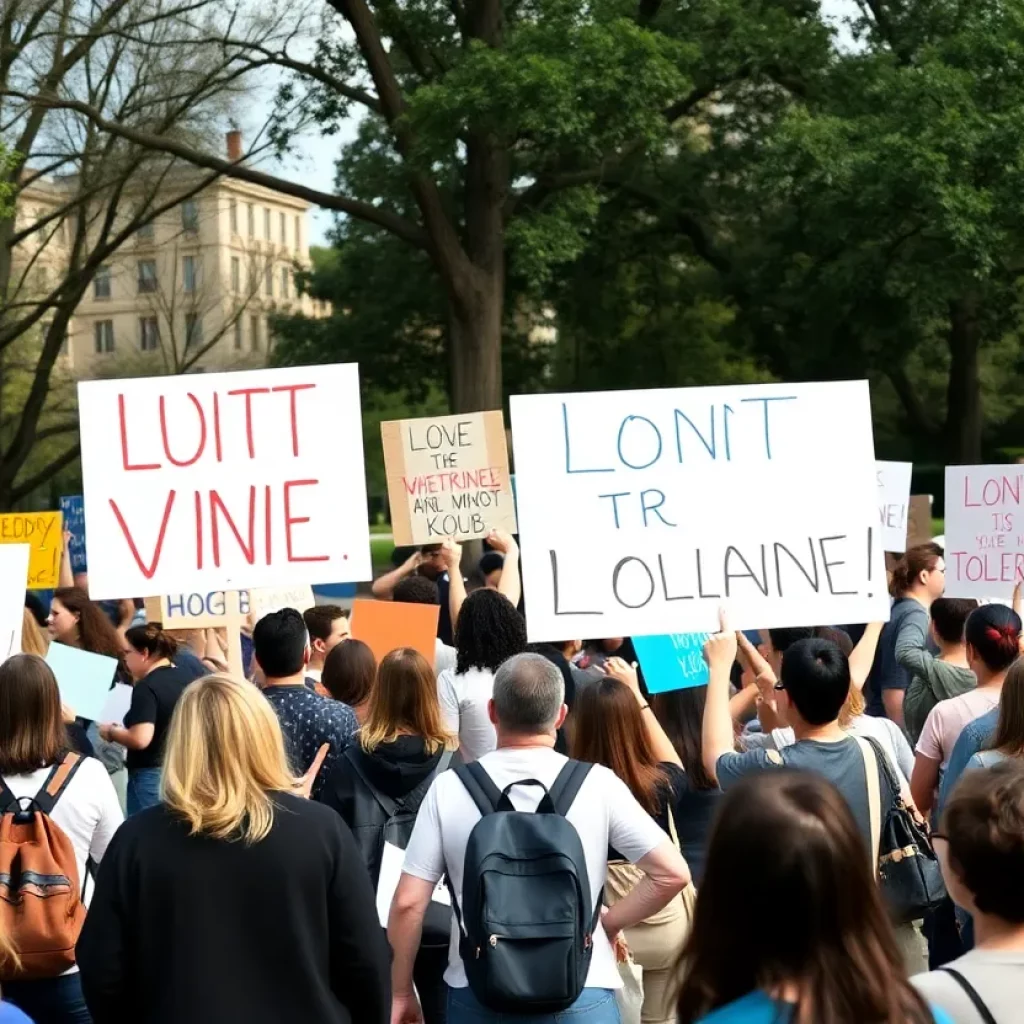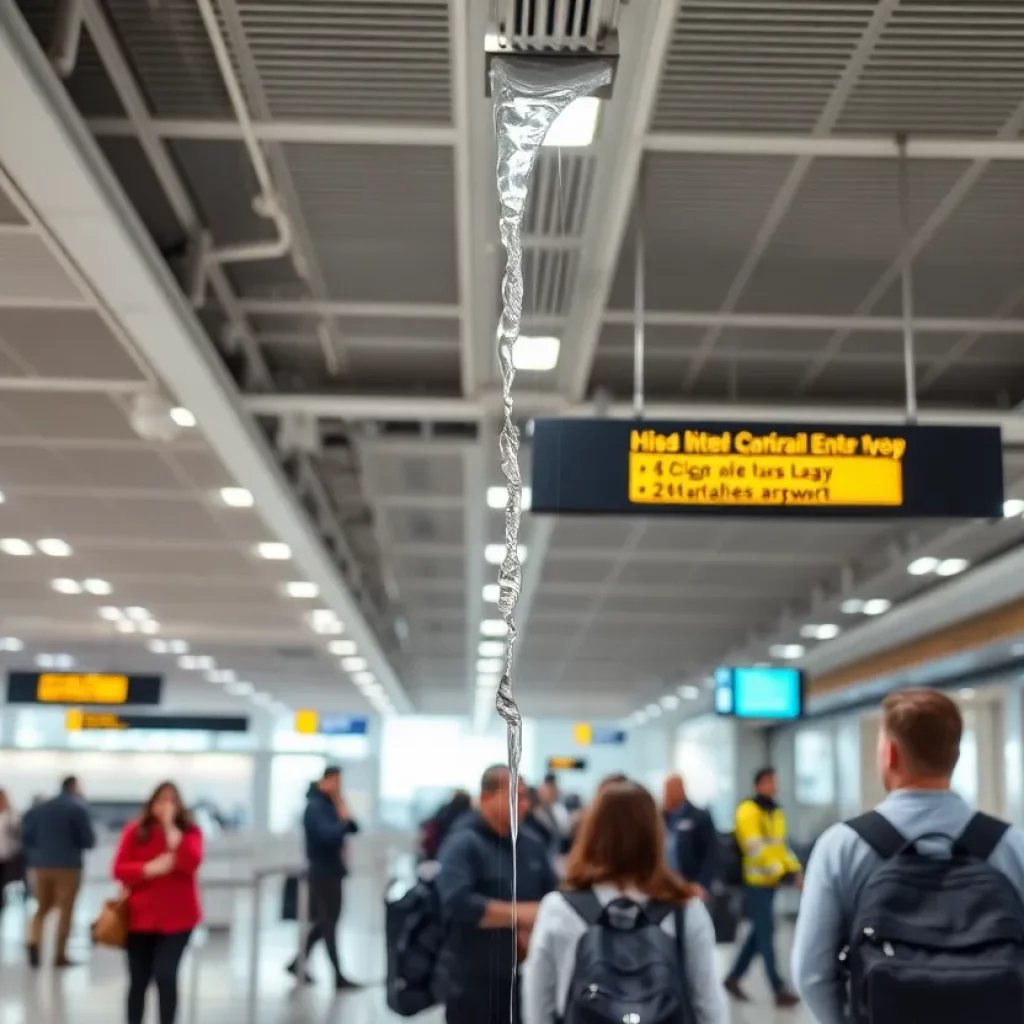Atlanta News
TOP ATLANTA STORIES
BREAKING NEWS
Cooler Weather Approaches Atlanta with Expected Rain
Atlanta, GA, August 26, 2025 News Summary Georgia residents should prepare for a significant drop in temperatures this week, transitioning from summer heat to cooler conditions with highs around 75 degrees...
Atlanta Braves Dominate Miami Marlins in Big Win
Atlanta GA, August 26, 2025 News Summary The Atlanta Braves showcased a powerful offensive display on Tuesday, overpowering the Miami Marlins 11-2. Ozzie Albies led with two home runs and four...
Georgia Faces Loss of $4.5 Million in Federal Education Funding
Atlanta, Georgia, August 26, 2025 News Summary Georgia is at risk of losing over $4.5 million in federal education funding unless it complies with the HHS directive to remove references to...
Atlanta Showcases Revolutionary Transportation Technology
Atlanta, GA, August 26, 2025 News Summary Atlanta recently showcased innovative transportation technology aimed at enhancing first responder safety at the Intelligent Transportation Society of America event. The demonstration featured vehicles...
Atlanta’s Complete Streets Project Enhances Safety on Juniper Street
Atlanta, August 26, 2025 News Summary Atlanta’s Department of Transportation is launching the Complete Streets Project to enhance safety and walkability on Juniper Street. This initiative will reduce drivable lanes from...
Atlanta Falcons Trade Conditional Draft Pick for Offensive Tackle
Atlanta GA, August 26, 2025 News Summary The Atlanta Falcons have traded a conditional seventh-round draft pick for offensive tackle Michael Jerrell from the Seattle Seahawks. This move follows injuries to...
BUSINESS
Business Profile: Sinclair Construction Group
Sinclair Construction Group has been recognized as one of the premier concrete contracting companies in Georgia’s private and public sectors for a decade. Quality workmanship, commitment to safety, and customer satisfaction...
The 10 Best SEO Companies In Atlanta, GA
Are you a business owner in the Atlanta, GA looking for a reliable SEO company to help increase your online visibility and drive organic traffic to your site? Ranking at...
Events/What's Happening
Atlanta Dogwood Festival Faces Financial Crisis
Atlanta GA, August 26, 2025 News Summary The Atlanta Dogwood Festival is in dire financial straits, needing to raise $250,000 by November 1 to avoid cancellation. This cultural hallmark has been...
Taco & Trivia Night at Wild Heaven West End
Atlanta, August 26, 2025 News Summary Wild Heaven West End in Atlanta hosts Taco & Trivia Tuesday, inviting locals for a fun evening filled with tacos, trivia, and socializing. Guests can...
Dragon Con Returns to Atlanta for Labor Day Weekend
Atlanta, GA, August 26, 2025 News Summary Dragon Con, the renowned pop culture and gaming convention, is set to take over Atlanta during the Labor Day weekend. This year’s event will...
Atlanta Welcomes MagicCon: A Major Celebration of Magic: The Gathering
Atlanta, GA, August 26, 2025 News Summary Atlanta is set to host MagicCon, a premier event for Magic: The Gathering fans, collectors, and competitive players. Scheduled from September 26 to September...
Chris Brown to Perform at Truist Park in Atlanta
Atlanta, August 26, 2025 News Summary R&B star Chris Brown will perform at Truist Park in Atlanta as part of his Breezy Bowl XX stadium tour. The concerts celebrate his 20-year...
Atlanta Celebrates Labor Day Weekend with Festivals and Events
Atlanta, GA, August 26, 2025 News Summary Atlanta gears up for a vibrant Labor Day Weekend filled with a variety of festivals, cultural experiences, and family-friendly events. From the famous Dragon...
Atlanta Celebrates Hispanic Heritage Month with Diverse Events
Atlanta, GA, August 26, 2025 News Summary Atlanta is honoring Hispanic Heritage Month with an array of exciting events showcasing the rich cultural contributions of Hispanic communities. Running throughout September, activities...
Atlanta Launches New Sports Talk Show SportsTalkATL
Atlanta, August 26, 2025 News Summary Atlanta is now home to SportsTalkATL, a new sports talk show that aims to engage local fans with daily updates and discussions on various sports....
Lenox Mall shopping in 90 minutes: A timed route to hit top stores, food stops and quick checkout
Lenox Square, Atlanta, August 26, 2025 Unlock the secrets to navigating Lenox Square in Buckhead, Atlanta, with a strategic 90-minute shopping plan. This comprehensive guide helps you quickly target must-visit stores,...
CRIME
East Atlanta Neighborhood Experiences Porch Thefts
East Atlanta, August 25, 2025 News Summary Residents of East Atlanta are alarmed after a series of porch thefts, primarily targeting expensive items like competition bikes, occurred on August 19 and...
Manhunt Underway for Suspect in Brookhaven Shooting
Brookhaven, Georgia, August 17, 2025 News Summary A manhunt is currently taking place in Brookhaven, Georgia, for Jose Carlos Meza Ignacio, wanted in connection with a fatal shooting at Carmel Creek...
Tragic Accidental Drowning Claims Life of 4-Year-Old in Atlanta
Atlanta, August 16, 2025 News Summary A 4-year-old girl has died in an accidental drowning incident at her home in Atlanta. First responders found her in critical condition at approximately 2:40...
Atlanta Police Search for Missing Children Brooklyn Reeves and Taylen Boykins
Atlanta GA, August 15, 2025 News Summary Atlanta police are actively searching for two missing juveniles, Brooklyn Reeves, 10, and Taylen Boykins, 9, who were last seen leaving their home. Brooklyn’s...
Shooting Investigation in Southeast Atlanta
Southeast Atlanta, August 12, 2025 News Summary Police are investigating a shooting in southeast Atlanta that left a 30-year-old man dead. The incident occurred late at night on Englewood Avenue SE,...
Recent Shootings Raise Safety Concerns in Midtown Atlanta
Midtown Atlanta, August 12, 2025 News Summary Midtown Atlanta has witnessed two alarming shooting incidents, one at the Crest at Peachtree apartment complex and another on Peachtree Street. Residents express heightened...
POLITICS
Georgia Faces Loss of $4.5 Million in Federal Education Funding
Atlanta, Georgia, August 26, 2025 News Summary Georgia is at risk of losing over $4.5 million in federal education funding unless it complies with the HHS directive to remove references to...
Gun Violence Incidents Raise Public Safety Concerns in Atlanta
Atlanta, August 26, 2025 News Summary Recent shootings at gas stations in Atlanta have prompted serious safety concerns within the community. A man was shot at a BP station on Campbellton...
Georgia National Guard Mobilizes Troops for ICE Operations
Atlanta, Georgia, August 26, 2025 News Summary The Georgia National Guard is mobilizing 75 soldiers and airmen to assist the U.S. Immigration and Customs Enforcement (ICE) in operations throughout the state....
Civil Rights Groups Demand Accountability from Atlanta Police
Atlanta, August 26, 2025 News Summary Civil rights organizations are calling for increased transparency and accountability from the Atlanta Police Department following serious misconduct allegations, including rape charges against a former...
Atlanta Distances Itself from Trump’s Federal Intervention Plans
Atlanta, GA, August 26, 2025 News Summary Atlanta leaders are expressing cautious relief as President Trump’s plans for federal intervention target cities led by Democratic mayors, leaving Atlanta off the list....
Tanya Miller Launches Campaign for Georgia Attorney General
Atlanta, Georgia, August 25, 2025 News Summary State Representative Tanya Miller has officially launched her campaign for the position of Georgia attorney general. Miller aims to become the first Black woman...
Couple Fired for Antisemitic Remarks in Dunwoody
Dunwoody, GA, August 23, 2025 News Summary Mark and Anna Bouzyk, from Dunwoody, lost their jobs after allegedly shouting antisemitic slurs at David Lubin, whose daughter was killed in Jerusalem. The...
National Guard Mobilization to Support ICE Operations
Atlanta, Georgia, August 23, 2025 News Summary The Trump administration has announced the mobilization of up to 1,700 National Guard troops across 19 states to assist the Department of Homeland Security...
Mother Arrested After Amber Alert for Missing Children
Atlanta, GA, August 22, 2025 News Summary Audrey Turner, a 43-year-old woman from Florida, was arrested in Georgia after an Amber Alert was issued for her two sons, aged 11 and...
SPORTS
Atlanta Braves Dominate Miami Marlins in Big Win
Atlanta GA, August 26, 2025 News Summary The Atlanta Braves showcased a powerful offensive display on Tuesday, overpowering the Miami Marlins 11-2. Ozzie Albies led with two home runs and four...
Atlanta Falcons Trade Conditional Draft Pick for Offensive Tackle
Atlanta GA, August 26, 2025 News Summary The Atlanta Falcons have traded a conditional seventh-round draft pick for offensive tackle Michael Jerrell from the Seattle Seahawks. This move follows injuries to...
Atlanta Falcons Finalize Roster Ahead of NFL Season
Atlanta, Georgia, August 26, 2025 News Summary The Atlanta Falcons have completed their 53-man roster in preparation for the upcoming NFL season, releasing 22 players and placing eight on injured lists....
Atlanta Falcons Announce Initial 53-Man Roster for Upcoming Season
Atlanta, GA, August 26, 2025 News Summary The Atlanta Falcons have revealed their initial 53-man roster for the regular season, consisting of 52 players after a series of cuts and injuries....
NCCU Defeats Southern University in Historic MEAC/SWAC Challenge
Atlanta, Georgia, August 23, 2025 News Summary In a memorable opening game of the MEAC/SWAC Challenge, North Carolina Central University (NCCU) overcame Southern University (SU) with a score of 31-14, marking...
Atlanta Falcons Face Offensive Line Depth Challenges
Atlanta, GA, August 22, 2025 News Summary The Atlanta Falcons are dealing with significant depth issues on their offensive line after key injuries ahead of their last preseason game against the...
Atlanta Hawks Reveal New City Edition Uniforms
Atlanta, August 11, 2025 News Summary The Atlanta Hawks have introduced their new City Edition uniforms for the NBA season, titled NBA Fly City Edition 2.0. These jerseys feature a striking...
Kirk Cousins’ Future with Atlanta Falcons in Question
Atlanta, Georgia, August 10, 2025 News Summary Kirk Cousins’ position with the Atlanta Falcons appears uncertain after Easton Stick’s impressive preseason debut. Although not traded, Cousins did not play in the...
Water Leak Causes Partial Ceiling Collapse at Atlanta Airport
Atlanta, August 5, 2025 News Summary A water leak at Hartsfield-Jackson Atlanta International Airport prompted a swift response from officials after water poured from the ceiling near Gate T11, leading to...



